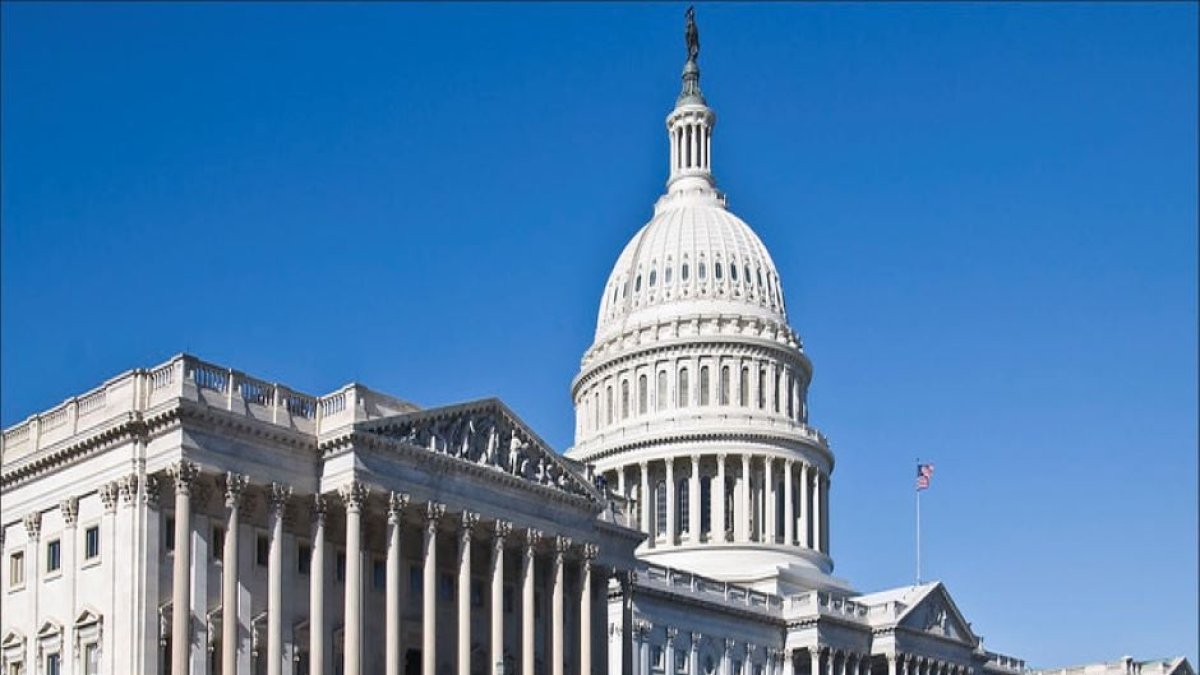House of Representatives approves budget extension to avoid government shutdown
The measure, which must be ratified by the Senate by Friday, will give lawmakers one more week to reach an agreement to fund FY2023.

The House of Representatives /Ron Cogswell - Flickr.
The House of Representatives passed a budget extension Wednesday to avoid a government shutdown. The measure, which has to be ratified by the Senate before Friday, will grant legislators one more week to reach an agreement to fund the coffers for fiscal year 2023 and, thus, ensure the proper functioning of the federal administration during 2023. Thus, the current budget would be extended until December 23.
To pay for the next fiscal year, which runs from October 1, 2022 to September 30, 2023, an omnibus bill needs to be passed. If enacted, the measure would allocate more than $1.5 billion for the U.S. military, in addition to various non-military programs. Along with this, the bill would include new emergency funds to help Ukraine which continues to try to avoid being overrun by Russia.
GOP congressmen excluded from the negotiations
The Omnibus bill does not have the approval of the Republican Party. In fact, the GOP was not allowed to participate in the negotiations on the measure. Despite regaining control of the House as of January 2023, the GOP will not participate in the deal to extend the government budget. The news was delivered by Elise Stefanik, chair of the Republican Party Conference. She claimed that, from the beginning, GOP members had been denied participation in the negotiations:
Joining her was Kevin McCarthy, the Republican leader of the House of Representatives. He was always in favor of the extension being approved in Congress, citing the excessive rise in inflation:
McConnell to blame for GOP veto
Several Republicans point to the person responsible for not allowing them to participate in budget negotiations: Mitch McConnell. According to what several GOP congressmen told Fox News, the Kentucky Republican should only help his rivals fund the government until mid-January. Georgia Rep. Marjorie Taylor Greener is one of them:
Chip Roy, a Texas congressman, is another Republican against the measure. He believes GOP senators should stop the bill. "Senate Republicans must use every tool at their disposal to stop the Democrats' last-ditch spending blowout," he told FOX News.
What could happen if the extension does not go ahead?
Since the new budget laws were passed in 1976, the federal administration has run out of funds on 20 occasions. Admittedly, most of those times it only lasted a day. However, the longest shutdown, lasting 35 days, was experienced in 2019, when Donald Trump was the country's president.
Among the consequences of a government shutdown are the cessation of passport issuance, the closing of national monuments and parks, or the immediate shutdown of NASA operations, according to the Government Information Guide.

























